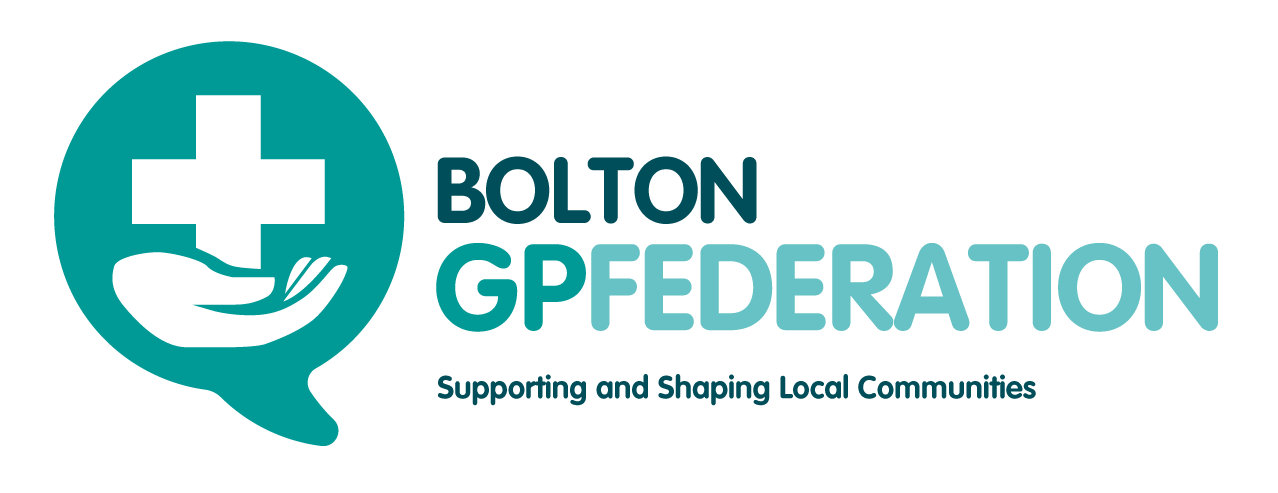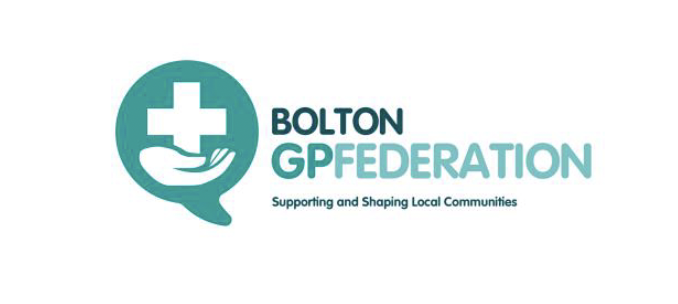This is the second of a two part blog from Dr Bev Matta, Primary Care Network Clinical Director for Westhoughton and GP at Unsworth Group Practice. Here, Dr Matta talks about some of the changes made in practice to support staff who are working from home.
For people who are not used to working from home, the last few months have likely been a challenging experience. It can be really beneficial and convenient for most people, most of the time. But it can also be difficult, stressful and isolating.
We have seen a lot of changes in the surgery, not just for our GPs who have been mostly carrying out telephone and video consultations from the surgery and their homes, but for our wider practice team, who have been working from home too.
Feeling integrated as part of a team is important, and we’ve been doing what we can to help our staff still feel part of the Unsworth team, even though they’ve not been able to see each other in person. It’s really important not to forget about the staff at home, it’s important to keep them involved to help keep them motivated and connected.
We have introduced morning huddles for our staff. These are 15 minutes at the same time every day where every member of the practice team gets together both face to face and virtually. It’s an informal way of boosting morale at the start of the day – we get to check in with each other, say hello and make sure we’re all feeling okay or raise any concerns or issues anyone might be having. The huddles have been a way of us being able to support staff; being able to see their faces on video or hear their voices over the phone is really important. If I sense that someone isn’t their usual self during the huddle, I can get in touch with them separately to see how things are going for them and if they need any extra support, or even just a chat.
All of our staff are involved in our daily Covid-19 meetings, not just clinical staff, but those working on reception, doing the data, finances, our managers and secretaries too. It’s been vital to get the variety of views from all staff members and their ideas and involvement in deciding on the changes we’ve had to make, and it’s been a great way of keeping staff in touch and connected with each other too.
We also have WhatsApp broadcasts and groups that can be used for keeping in touch. WhatsApp is a great way of sharing brief information or having some light-hearted conversation for both individuals and groups. It’s important to remember, though, that staff may be using WhatsApp on their personal devices and they should not feel pressured to read and respond to messages outside of their working hours.
Quite a lot of the work we do can be done outside of the normal nine to five and we have reviewed working patterns for some of our staff. This has been a huge help to people trying to balance their home and work life, especially for those who have caring responsibilities.
We’ve taken lots of small, practical steps that can make a big difference to the people who are at home whilst trying to work. Some of the other steps we have taken are:
- Conducting meetings differently, ensuring that people who are attending via video or phone link feel part of the meeting – this can be difficult when you can’t see body language so extra thought has to be given to make sure everyone’s included in the meeting equally.
- Making sure that any papers or presentations are shared with people before meetings. This helps people prepare better and feel fully included in the meeting.
- Enabling staff to work flexibly, but also encouraging them to keep some routine and normality, and separating their work from their home life wherever possible. This includes ensuring they take regular breaks and can get away from their workspace, maybe outside for a walk or a run or just for some fresh air.
It’s unlikely that we’re going to be seeing all of our staff back to working in the practice any time soon so it’s going to be important that we keep these conversations going. No two people are the same and we can’t take for granted that everyone is getting used to working from home, or that everyone needs the same support.



